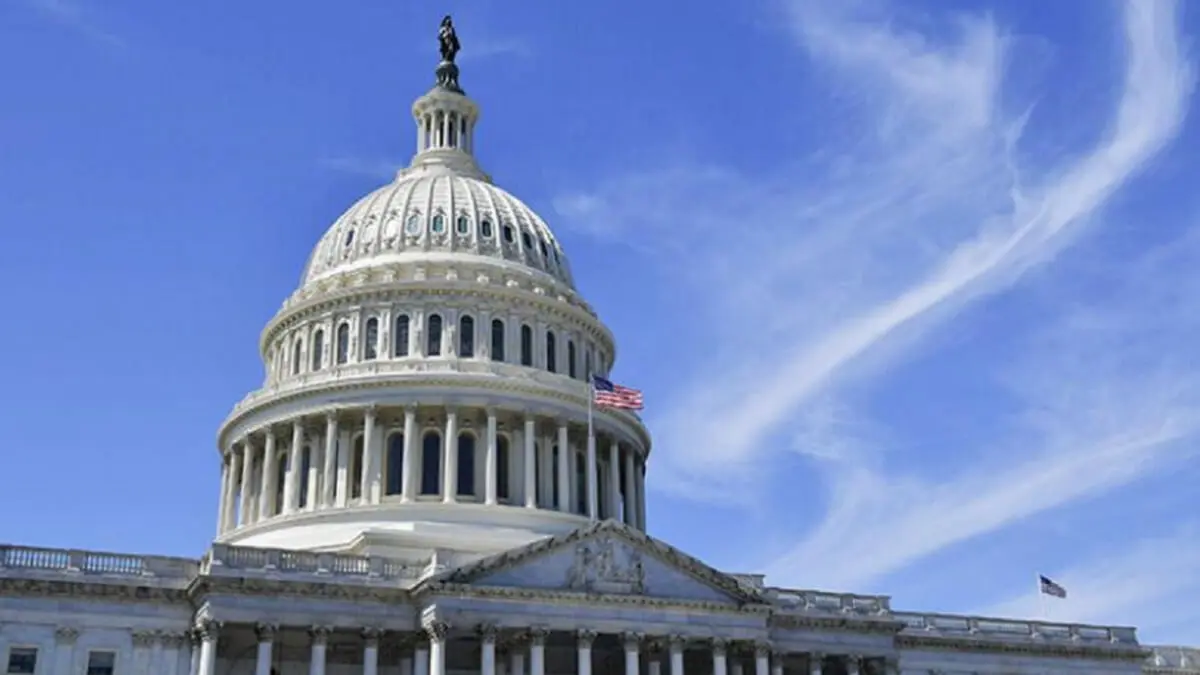Chaos in US domestic politics

The escalating conflict in the Middle East following the terrorist aggression against Israel is distracting international attention from the chaos in the domestic - and arguably unprecedented - politics of the United States.
The House of Representatives has been without a speaker for eighteen days, the third position after Biden and Vice President Harris in the line of succession and in the functioning of the Federal Administration.
In fact, the problem began in February, when the mid-term elections held in November had granted a majority to the Republican Party, in which former President Donald Trump continues to count on a like-minded group that has marked a division among his congressmen. The main candidate for the presidency of the House, Kevin McCarthy, then needed more than a dozen ballots to get the 218 votes to be proclaimed.
He managed to do so in extremis, but his mandate was hectic and brief. On 3 October his own supporters forced him to resign: he was the first Speaker of the House to find himself in that position in US history. Negotiations between the representatives of the two parties began that evening, but eighteen days later, without success. The open crisis is serious, both politicians and the press recognise.
This is a crucial position for major presidential initiatives, such as the implementation of the $106 million in aid that Biden has pledged to Ukraine and Israel for their ongoing wars against Russia and the Palestinian terrorist group Hamas. And the same goes for all important and some pressing legislation, such as a budget extension to avoid Federal Administration activity.
All attempts to appoint a new president have failed. The obstinacy of the group of Republican congressmen who support Trump in his re-election bid are an added obstacle to the small difference in the number of congressmen from the two parties. The first unsuccessful challenger, Esteve Scalise, eventually dropped out after several ballots, and now Trump supporter Jim Jordan of Ohio remains stubbornly determined after five failed attempts.
After his third defeat, Jordan called a press conference in which he defended the urgent need to put an end to the institutional chaos that had been created and clearly renounced the idea of withdrawing. His argument, shared by everyone in Washington, is that the vacuum created cannot be prolonged, but analysts and those who know the internal tensions that exist on Capitol Hill, the chances that he will end up succeeding are slim. The crisis has many nuances, but the main cause is the division within the ranks of the Republican Party.


